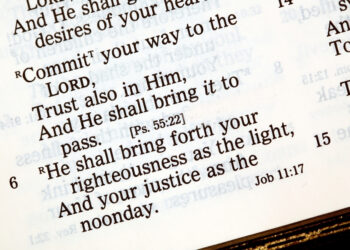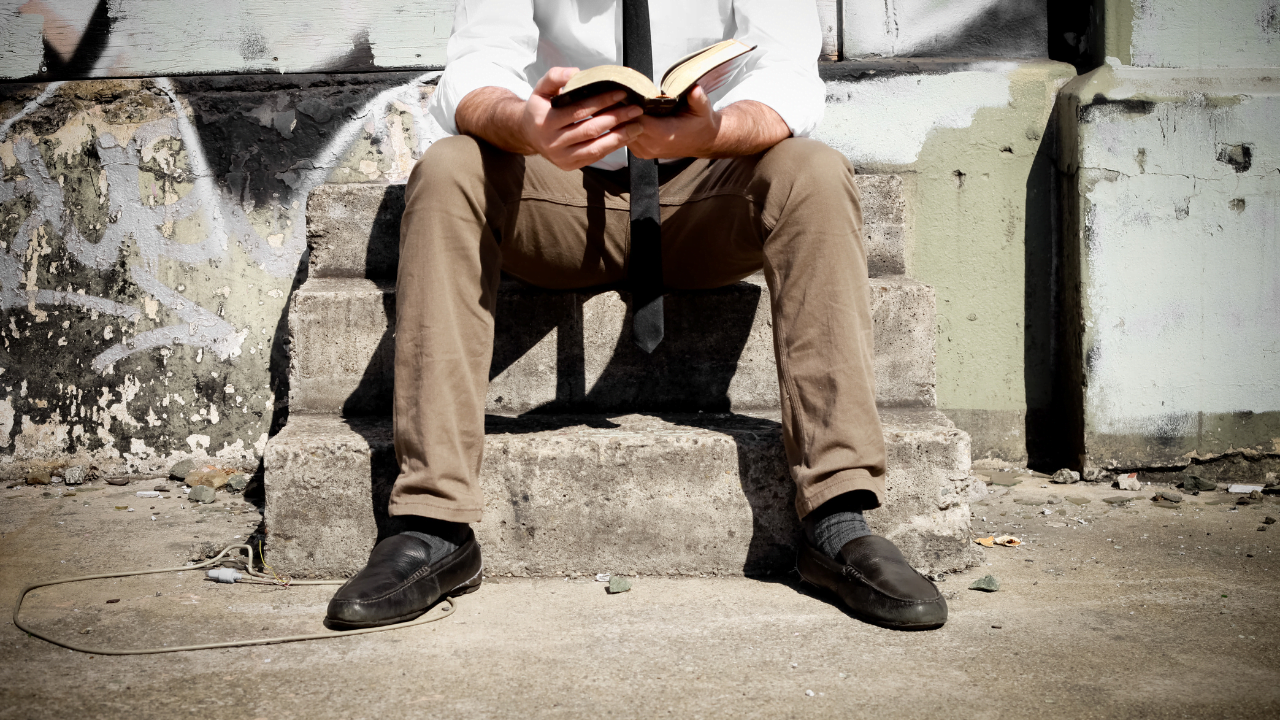No products in the cart.
The Biblical Perspective on Celebrating Easter
This post contains paid and/or affiliate links. I make a small commission at no extra cost to you. Please see our Privacy Policy.
Easter is a big Christian holiday that celebrates Jesus Christ’s resurrection. The Bible doesn’t directly talk about Easter, but it’s based on Jesus’ death and coming back to life.
The New Testament tells us about these key events in the Christian faith.
The resurrection of Jesus is seen as the biggest event in Christianity. It shows victory over sin and death. Christians believe Jesus’ resurrection gives them hope for eternal life.
So, Easter is a time to celebrate and remember Jesus’ miracle.
The early Christian Church started celebrating Easter to honor Jesus’ resurrection. Over time, traditions like the Easter bunny and eggs became part of Easter.
These traditions are not in the Bible but are big parts of Easter celebrations today.
Easter is not directly mentioned in the Bible, but it’s very important to Christians. It’s a time to think about the Christian faith and the hope of salvation through Jesus’ resurrection.
The story of Easter is at the heart of Christianity, showing Jesus’ victory over death.
Origin of Easter traditions
Easter is a holiday celebrated by Christians all over the world. The Easter egg is a big symbol of Easter, coming from ancient pagan festivals. It now represents new life and Jesus’ resurrection.
Today, Easter eggs are decorated and hunted for in many places. This tradition adds to the fun of Easter.
The Easter bunny is another big tradition, known for bringing eggs and treats. It comes from German folklore, where it was a symbol of fertility.
Now, kids look forward to the Easter bunny’s visit, making Easter even more special.
Easter baskets are also a big part of Easter, filled with candies and toys. They symbolize the harvest and new beginnings. Families give each other Easter baskets, showing love and creating memories.
The Easter lily is a key symbol of Easter, standing for purity and Jesus’ resurrection. Churches use Easter lilies to decorate their altars, adding to the holiday’s spiritual meaning.
Easter traditions are full of symbolism and history. They mix old rituals with Christian beliefs, making Easter a vibrant and meaningful holiday.
Each tradition adds to the beauty and joy of Easter.

Historical Controversies Surrounding Easter
Easter has faced many controversies over the years. Some argue it comes from ancient spring festivals like Eostre. These festivals celebrated fertility and new life.
The date of Easter has also been a point of debate. The First Council of Nicaea in AD 325 set the date. But, differences in calendars have caused disagreements between Western and Eastern Churches.
In the 16th century, the Reformation brought more debates. Some critics saw Easter eggs and the Easter bunny as pagan remnants. This led to discussions on how to celebrate Easter properly.
Easter’s history is filled with disputes. From its possible pagan roots to debates over its date and customs, it has been a contentious topic in Christianity.
The symbolism of Easter in Christianity
Easter holds deep meaning for Christians. It celebrates Jesus Christ’s resurrection, seen as a sign of eternal life. This event is central to the Christian faith.
The story of Easter starts with Jesus’ crucifixion on Good Friday. Christians believe He died to save humanity from sin. Then, on Easter Sunday, He rose from the dead, defeating death and sin.
Easter symbolizes new life, hope, and rebirth. Jesus’ resurrection is a victory over darkness, promising eternal life to believers. The Easter story shows faith’s power to overcome sin and death.
In Christian tradition, Easter is a time of joy and reflection. Churches are decorated with flowers, symbolizing new life. Many attend Easter services, singing hymns of praise and thanksgiving.
Easter is also a time for spiritual renewal. It reminds believers to live their faith every day.
The symbolism of Easter in Christianity is powerful. It reminds us of love, redemption, and eternal life through Jesus Christ. It’s a time of celebration, reflection, and hope for believers worldwide.
Easter customs in different cultures
Easter is celebrated in many ways around the world. Each culture adds its own customs, showing the holiday’s diversity.
In Greece, Easter is known as Pascha. It includes unique traditions like cracking red eggs. This symbolizes Jesus’ resurrection and the opening of the tomb. Families and friends compete in egg-cracking contests during their Easter feasts.
In Sweden and other Scandinavian countries, children dress up as Easter witches called “Påskkärringar.” They go from house to house, giving drawings and paintings for candy and treats, similar to Halloween.
Latin American countries like Mexico blend indigenous and Christian traditions during Easter. They create colorful sawdust carpets, known as “alfombras,” for processions during Holy Week. These carpets depict religious motifs and scenes.
Exploring Easter Traditions Around the World
Easter is a holiday celebrated by Christians all over the world. It has also become a time for secular celebrations, blending religious and cultural traditions. This mix of old and new makes Easter a special time for many.
Decorating and hunting for Easter eggs is a popular tradition. Eggs symbolize new life and fertility, making them a perfect fit for Easter. Kids love searching for hidden eggs, adding joy to the holiday.
The Easter bunny is another beloved tradition. It comes from German folklore, representing fertility and new beginnings. Today, the Easter bunny brings eggs and treats, spreading joy to children everywhere.
Modern Easter celebrations also include big feasts and gatherings. Families come together for meals, sharing gifts and making memories. These gatherings strengthen bonds and create lasting traditions.
The commercial side of Easter has grown, with businesses promoting sales and special deals.
From decorations to gifts, the market offers a wide range of Easter-themed items. This adds to the festive atmosphere, appealing to people of all ages.
Technology and social media have also changed how we celebrate Easter. Even when apart, families and friends can connect through video calls and online activities.
This keeps the spirit of Easter alive, no matter the distance.
Easter’s modern practices show a blend of old traditions and new influences. As the holiday evolves, these practices make Easter a joyous and meaningful time for everyone.
Easter Celebrations – A Matter of Faith and Tradition
Easter, or Resurrection Sunday, is a key event in the Christian faith. Yet, there’s debate about its biblical roots and whether it should be observed.
Many Christians see Easter as a celebration of Jesus’ resurrection. The Bible tells of Jesus’ death and rebirth, which are at the heart of Easter.
Some argue that the Bible doesn’t command Easter celebrations. They focus on Jesus’ teachings instead. But many Christians see Easter as a chance to celebrate Jesus’ victory over death and sin.
Even without direct biblical commands, Easter has been a part of Christian worship for centuries. Early Christians merged spring festivals with their message, creating today’s Easter celebrations.
The Bible doesn’t directly tell us to celebrate Easter. Yet, for millions, it’s a time of deep religious and cultural importance. It’s a moment for Christians to reflect, renew, and rejoice.
Key Takeaway:
Even though the Bible doesn’t say we must celebrate Easter, Christians around the world see it as a key holiday. It marks the resurrection of Jesus Christ. Easter’s traditions mix Christian and pagan practices, sparking debates for centuries.Easter’s meaning in Christianity is deep. It stands for new life, hope, and redemption through Jesus’ triumph over death. Different cultures add their own Easter customs, making the holiday rich and diverse.
Today, Easter is filled with egg hunts, parades, and the Easter Bunny. These have become part of the holiday’s spirit. Even with different views on Easter, it remains a time of joy, reflection, and renewal for many.
Conclusion
Easter is a significant holiday for Christians, celebrating Jesus’ resurrection. Though the Bible doesn’t command it, Easter’s traditions have grown.
They mix cultural practices with Christian beliefs.
Despite debates and commercialization, Easter holds a special place. It’s a time of hope, renewal, and faith, celebrated in many ways.
Its themes of love and salvation remind us of its deep importance every year.















